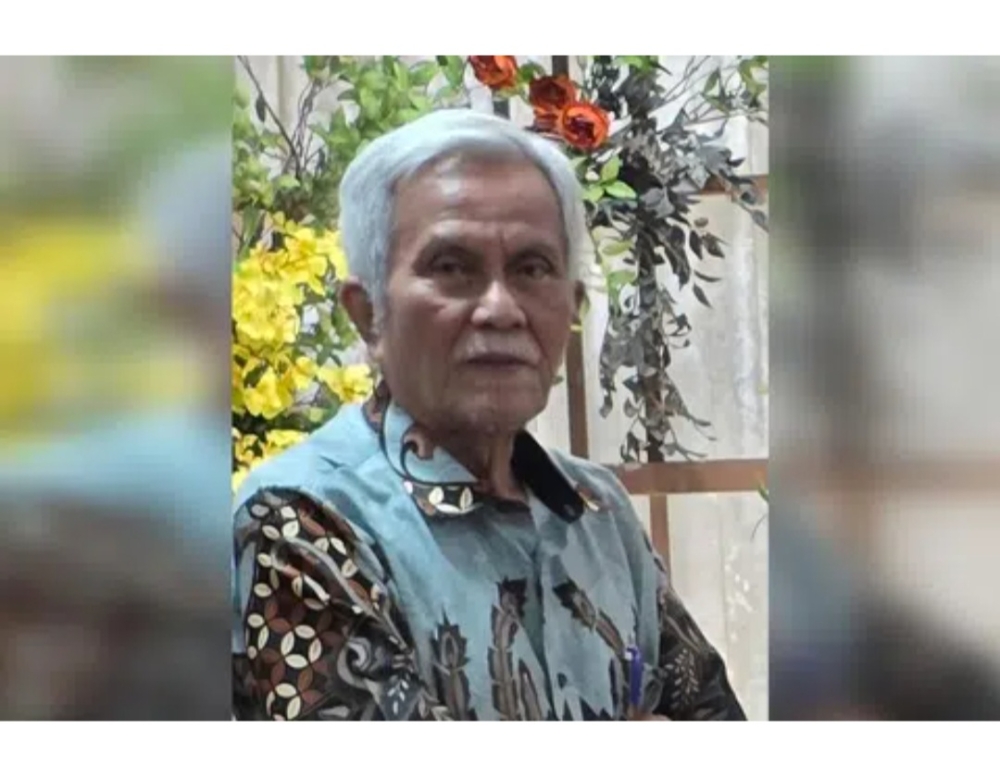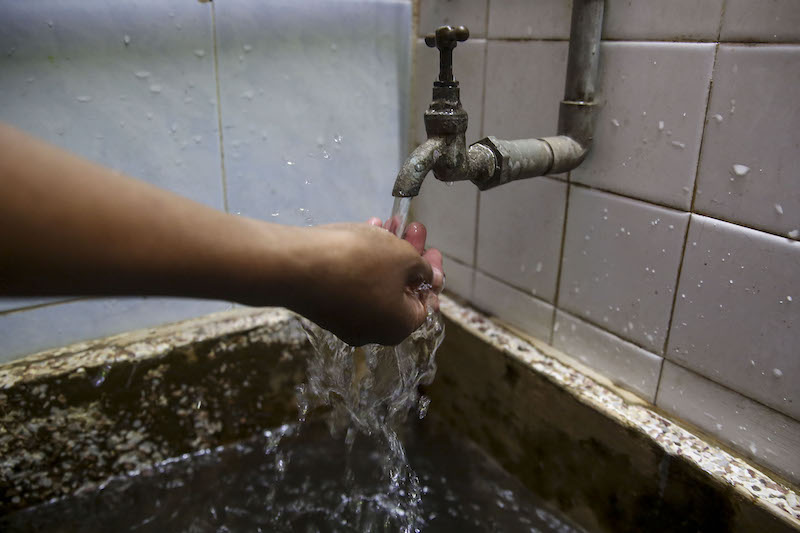KOTA KINABALU, Dec 22 — The new Sabah government has announced it plans to reimplement the controversial Penampang Kaiduan Dam.
The dam was proposed during the Barisan Nasional (BN) administration as a solution to the water supply problems of the state capital Kota Kinabalu and the Papar district.
Sabah Assistant Public Works Minister Datuk Limus Jury said the government will implement “Kota Kinabalu Water Supply Phase III” to replace the proposed Kaiduan Dam, which was later renamed Papar Dam.
“We have studied the feasibility of implementing the Penampang Kaiduan Dam project to solve the water woes of Kota Kinabalu and Papar. We will proceed, following an assessment by Universiti Malaysia Sabah and IDS,” he said, in reference to the Institute of Development Studies of Sabah.
Limus said this during the question-and-answer session at the State Assembly sitting today, in response to a supplementary question by Kepayan assemblyman Jannie Lasimbang on the state government’s decision on the project.
When it was first mooted by the BN government, the project was hit by backlash over its likely socio-economic impact on the local community.
When the Warisan Plus government came into power in 2018, the project was renamed Papar Dam and relocated to an adjoining constituency but along the same river, irking village folk.
Non-governmental organisations, the Opposition and the community at large objected to the project, said to be a hydro dam generating electricity as well, and accused the Warisan Plus government of rescinding a promise to cancel the project if elected.
Limus said that the federal government had approved a grant of RM2.53 billion under the 11th Malaysia Plan to improve water supply in the interior of Sabah.
He said Budget 2021 also approved RM450 million to implement rural water supply projects, covering five areas, namely Kemabong,Tenom, Kiulu, Ranau and Sook.
“I also hope that the state government can provide additional funding for preliminary preparations like design, land procurement, soil investigation and land survey so that these water supply development projects can proceed immediately,” he said.
Limus added that the state government’s goal is to provide all rural areas in the state with tap water supply by 2025.


















